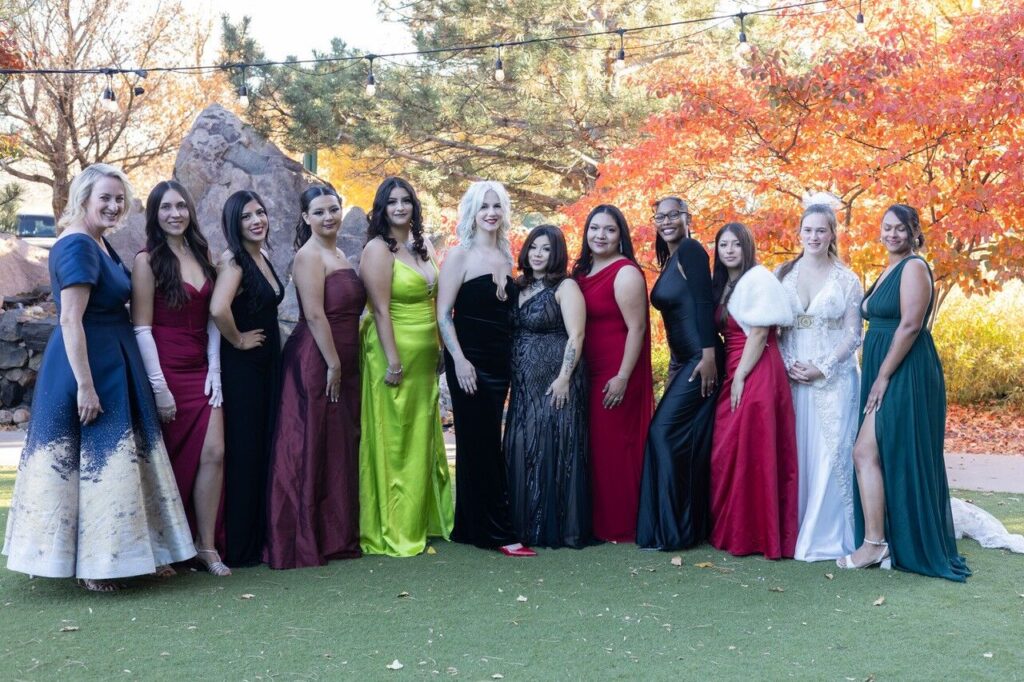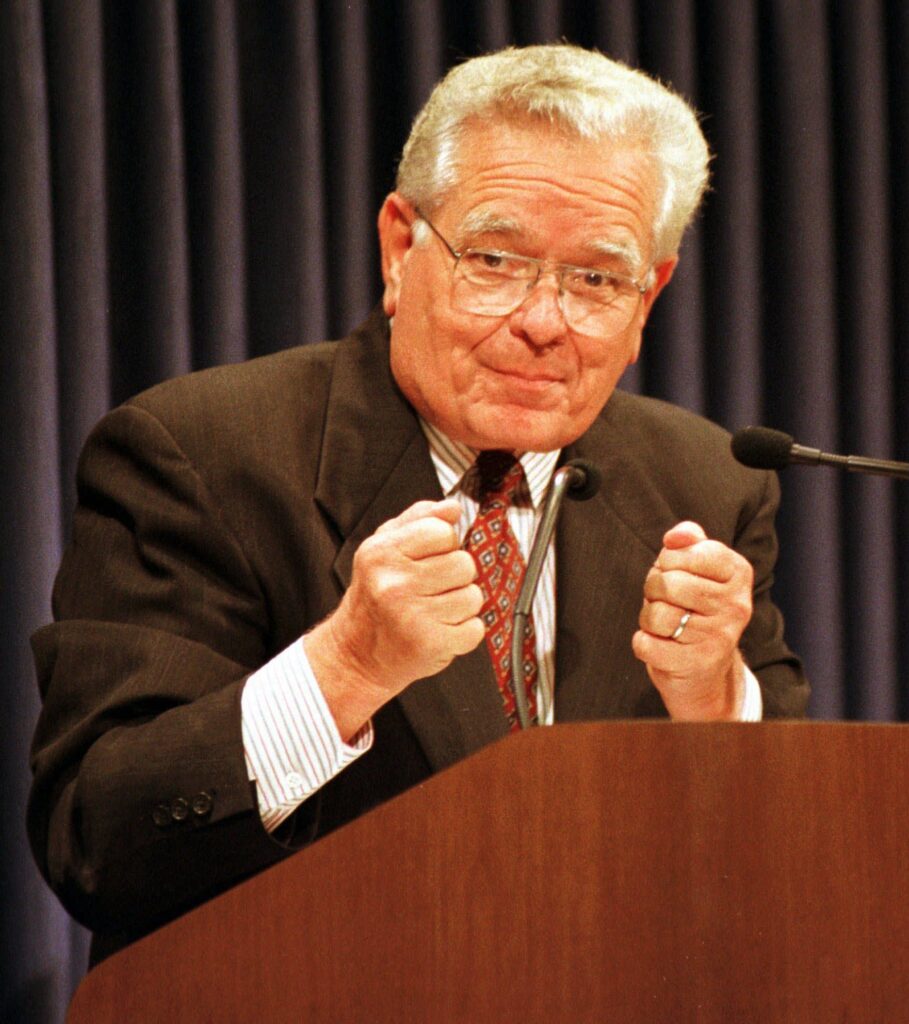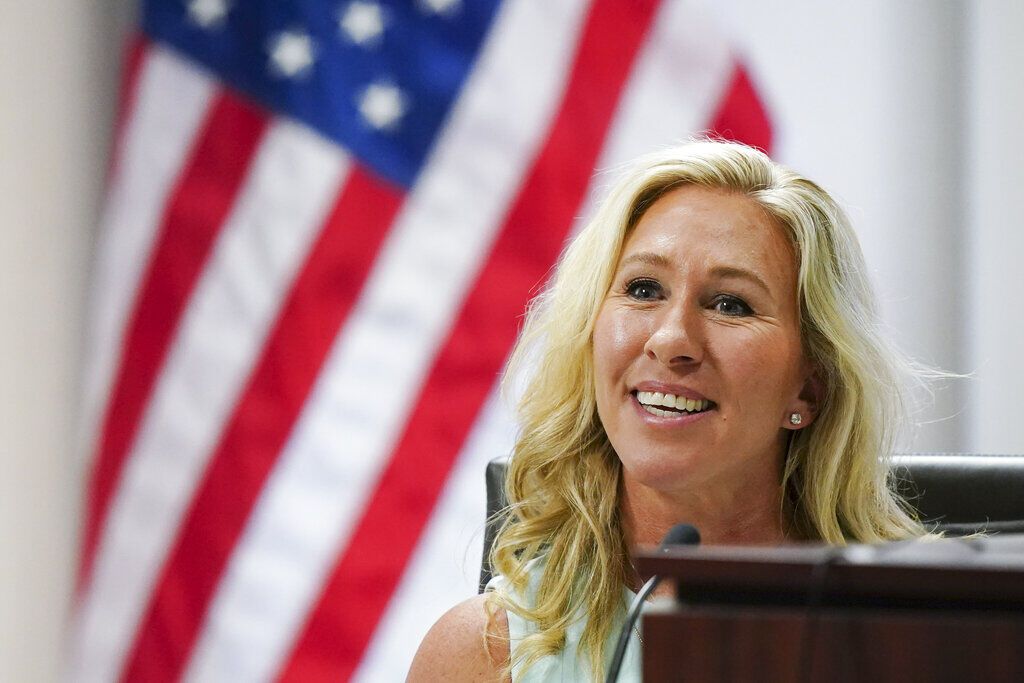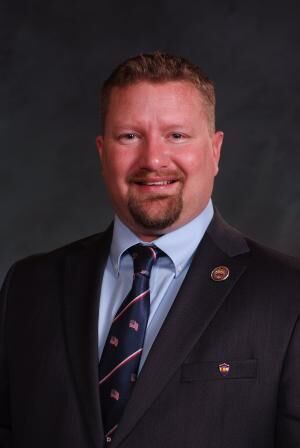Q&A with Colorado’s Ed Jones: Walk a mile (or three) in this former state senator’s shoes
Ed Jones has come a long way since his childhood in Hattiesburg, Miss., in the segregated South of the 1940s. After mustering out of the Army at Fort Carson in Colorado Springs in 1963, he made the city his new home. He would go on to run for office – and win – unheard of for a black man in pre-Civil Rights Era Mississippi. And he would do it as a Republican, also unheard of back in the day in his hometown. He served two terms as an El Paso County Commissioner in the 1990s – “the first black county commissioner in the history of El Paso County,” he says – and was elected to the state Senate from central Colorado Springs in 2002. He served one term in the fiercely contested swing district and lost his 2006 re-election bid to Democrat John Morse (who would become Senate president before being recalled in 2013).
Yet for all the changes, there have been some constants that have kept Jones close to his roots. Most notably, his late mother, who eventually joined him in Colorado Springs and died there in 2008, just a week shy of her 100th birthday. It was his mother – a schoolteacher who taught in the same segregated schools Ed attended as a child – who impressed upon him the value of an education. She is the one who taught him how to survive – and ultimately escape – the overt racism that governed day-to-day life in Hattiesburg. And it was his mother who taught him to walk. Not just literally, when he was a kid, but all his life. Just like she did.
Colorado Politics: How’s you health – now that you’re 75?
Ed Jones: I’m in awesome shape. I just got back from my wellness checkup at the doctor’s this morning. They were amazed at my blood pressure. It’s like a young man’s. I love to walk. One reason I like walking is my mother always walked. She never owned a car. I still walk at least three miles a day.
CP: You were an only child, and your dad died when you were young, leaving your mom a widow. She was not only a schoolteacher but also your teacher in life. How did she teach you to deal with segregation?
EJ: She took me downtown one day when she had to pay her bills. She told me to watch this parade. It was a parade of the KKK, marching down the main street in Hattiesburg. And they weren’t wearing hoods. They wanted you to see who they were. They were the pillars of the community. My mom taught me to be careful to only drink from the “coloreds” drinking fountains. On city buses, you had to sit behind the “coloreds” sign. When I was a young person walking down the street in Hattiesburg, if a white person approached me, I had stand out of the way. But my mother also told me something else very important: She said, “Son, you don’t have to stay here. You can leave this.” Those things played such a dramatic role in my upbringing.
CP: Education was the defining issue for you throughout your time in the Senate and ever since. You are a longtime champion of school choice, including charter schools and vouchers, and you ran assorted bills involving education reform. What inspired your work on education as a policy issue?
EJ: Education was so important to me because of the fact that growing up the way I did in Mississippi, it was difficult for black folks to get a quality education. For example, we had to read out of second-hand books from the white schools. I came to believe if you could get the right kind of education in this country, you could move forward. Education moves you beyond the racial differences, too.
CP: What was your toughest political challenge in the legislature?
EJ: It was the bill I carried to get rid of affirmative action at Colorado’s colleges and universities. I never thought I had so many enemies! When I was running for re-election, they knocked on doors to defeat me. I had so many black folks who came out against me on that one. I remember the day of the vote, I went into the Senate bathroom and looked out the window and saw these buses with black folks. Sen. (Ken) Chlouber (of Leadville) happened to walk right in behind me. I said, “Sen. Chlouber, if you want to see a lynching march, look out the window at all these blacks coming here to defeat me.”
CP: What would you tell black people who would criticize you for your stand on that issue?
EJ: That what they didn’t see is they were being used – being taught you could not make it in this country unless you have white folks to help you out.
CP: Why did you become a Republican?
EJ: I grew up in the Democratic Party. My mother was a lifetime member of the NAACP. But as I grew older and then when I came out here (to Colorado) in the service, I started to realize I am not a Democrat. I don’t think like Democrats anymore. I thought I’m gonna give Republicans a shot at it. I found more people were willing to listen to me.
CP: You were a longtime activist in the El Paso County GOP. Are you involved in politics these days?
EJ: No, I’m a spectator – just sitting back and enjoying the fight.










